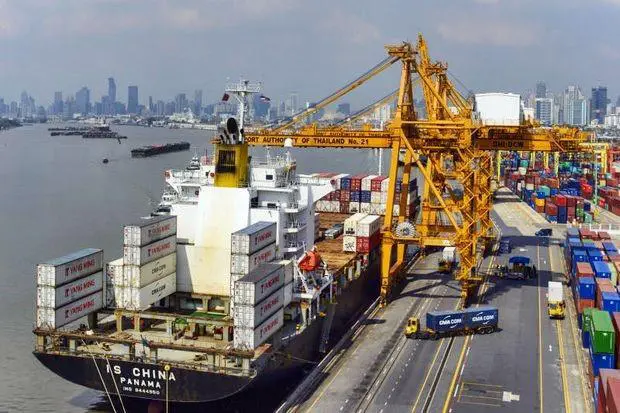By APD writer Melo M. Acuña
**MANILA, April 5 (APD) ** – Government socioeconomic planners are optimistic an increase in domestic demand this summer, election-related spending and the downward trend in prices of goods would boost the manufacturing sector recover from the slump recorded in 2018.
According to the National Economic and Development Authority (NEDA), the Philippine Statistics Authority (PSA) in its latest Monthly Integrated Survey of Selected Industries or MISSI, reported a decline in manufacturing output for the month of February 2019 despite an increase in sales.
The Volume of Production Index (VoPI) declined by 8.5 percent while the Value of Production Index (VaPI) declined by 5.5 percent.
“Despite this, the heightened election-related spending will drive up demand for goods and services leading up to May and improve domestic demand in the second quarter of the year. Backed by optimistic business and consumer outlook, this will help the sector bound back,” NEDA Officer-In-Charge (OIC) and Undersecretary Adoracion M. Navarro said.
Declines were observed in food manufactures, basic metals, non-metallic mineral products, and electrical machinery. However, beverages, footwear and wearing apparel, fabricated metal products, wood and wood products, textiles, and paper and paper products reported growth in output.
She added easing inflationary pressures bode well for the overall manufacturing output as rice and other agricultural commodities recorded price declines,” the NEDA official said.
As of February 1,2019, stocks of commercial and NFA rice have already improved as a result of what the government described as “timely importation.”
Ms. Navarro said some provisions of the Rice Tariffication Law including the imposition of tariff rates are immediately executory to address the issue of supply constraints. Food prices will likely be under control despite domestic supply constraints brought about by the El Niño.
She warned of risks that need to be managed.
“El Niño could prolong and further intensify the dry season, and the adverse impacts of this phenomenon could easily feed into a hike in power and water rates, which are essential inputs to the manufacturing sector,” she explained.
She explained the delay in the passage of the General Appropriates Act for 2019 can further hold back government investments in the development priority areas of public infrastructure and social services.
The NEDA official said the immediate implementation of a “catch-up plan” must be pursued once the 2019 budget is passed to regain the government’s spending momentum and at the same time counter the impact of the temporary interruption in the implementation of new projects.
To minimize the negative impact of government operating on a reenacted budget on economic growth, granting of certificates of exemption to different implementing agencies is needed, she said.
Undersecretary Navarro is the Officer-In-Charge of NEDA as Socioeconomic Planning Secretary Ernesto M. Pernia is on official travel abroad.
(ASIA PACIFIC DAILY)
 简体中文
简体中文

